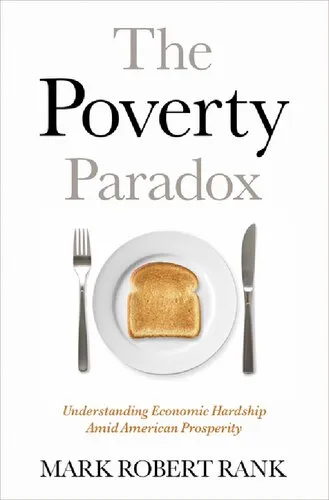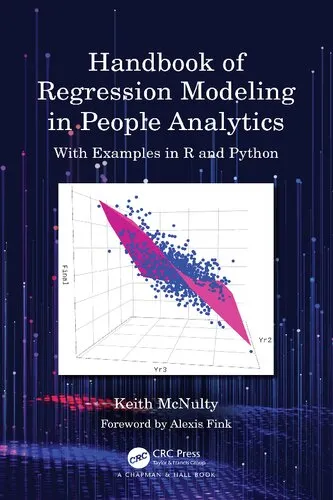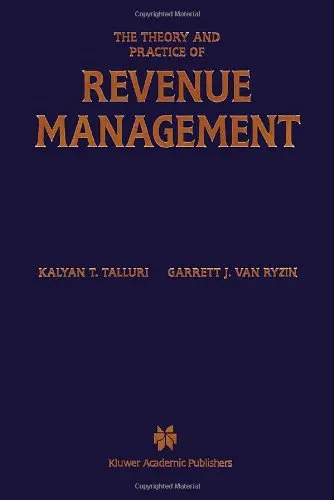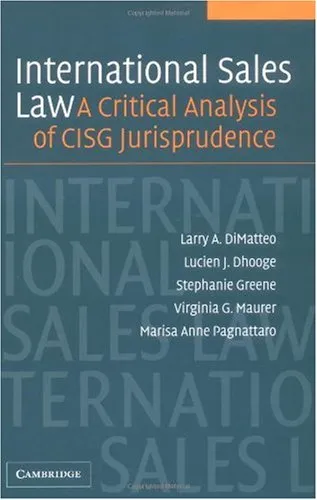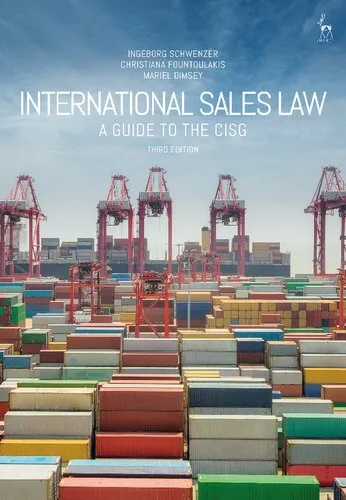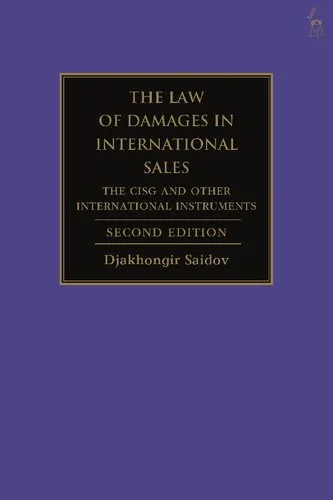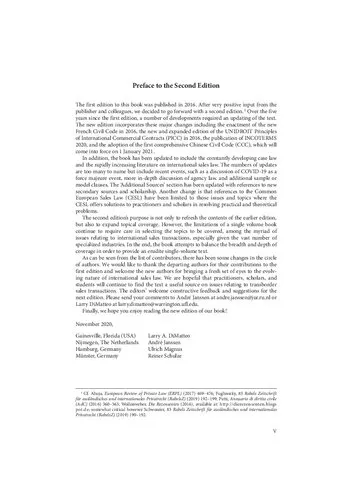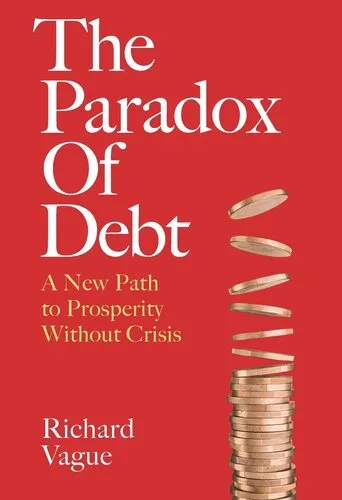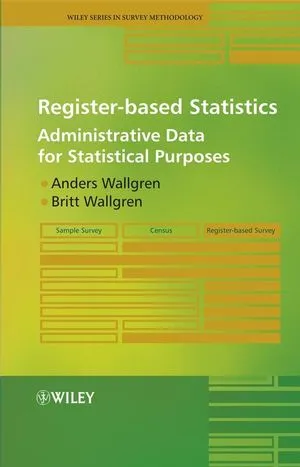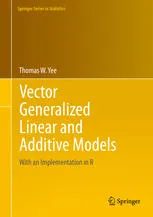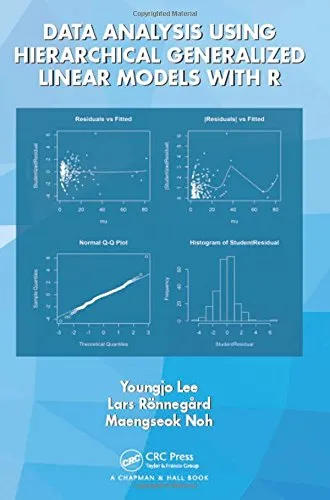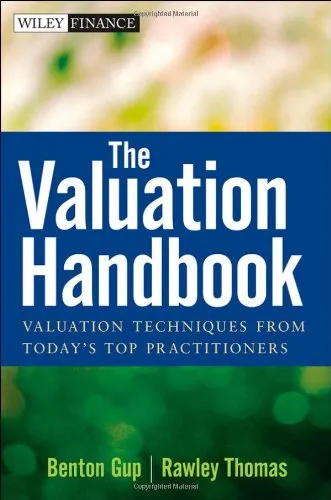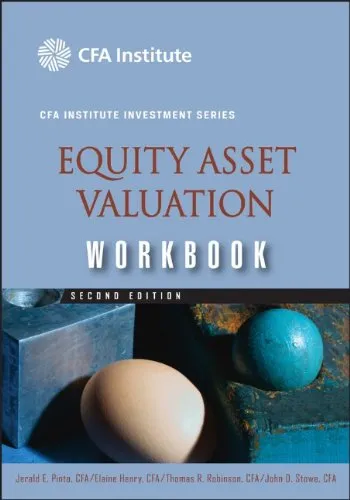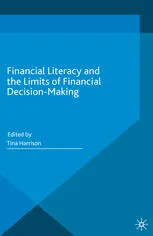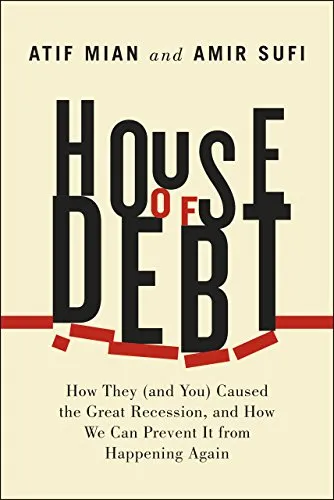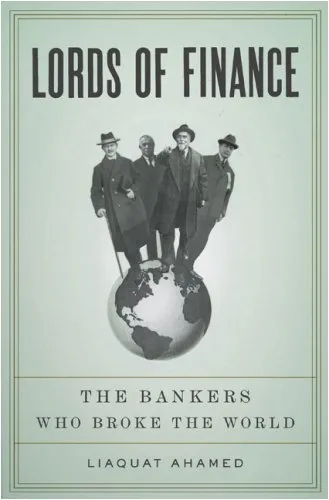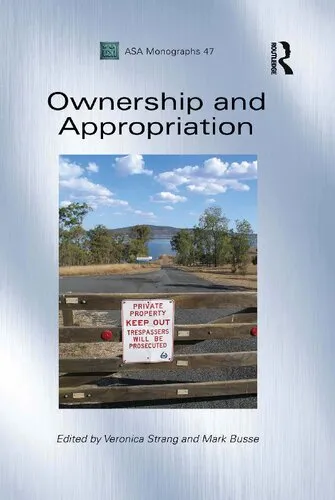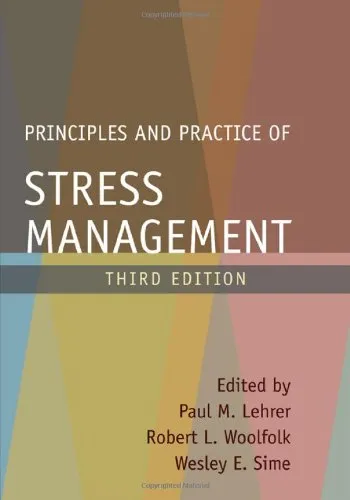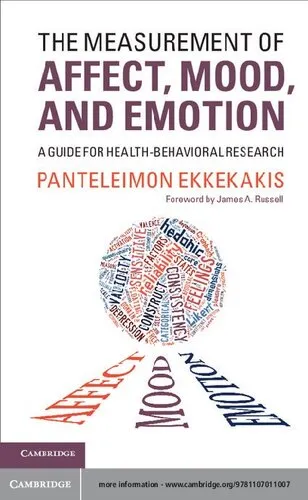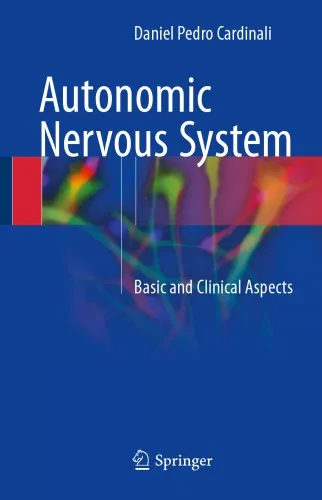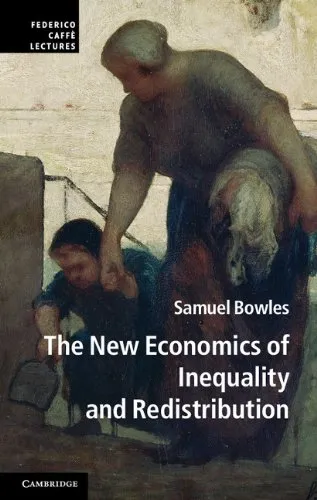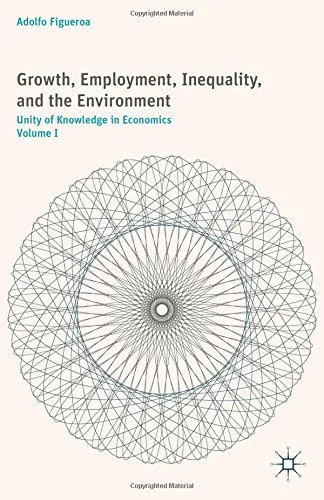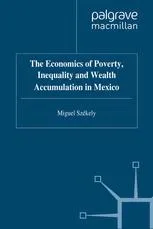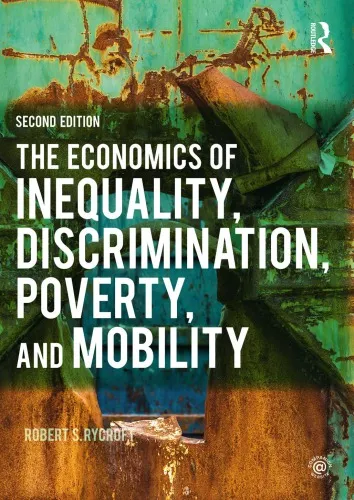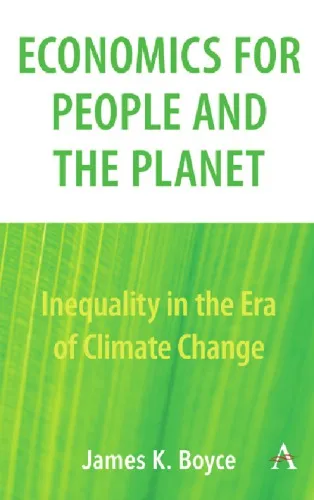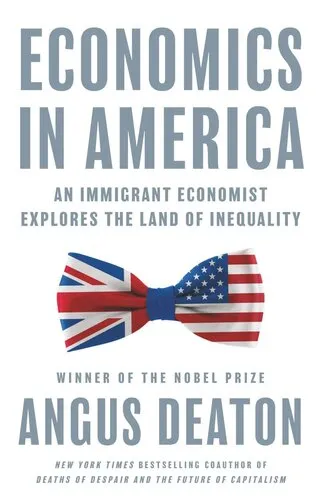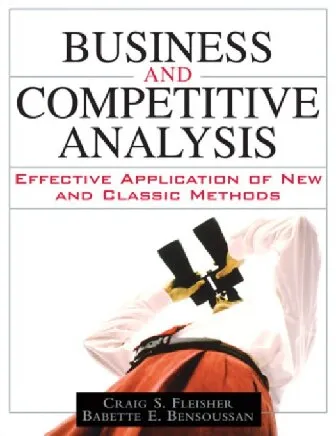The Poverty Paradox: Understanding Economic Hardship Amid American Prosperity
4.4
Reviews from our users

You Can Ask your questions from this book's AI after Login
Each download or ask from book AI costs 2 points. To earn more free points, please visit the Points Guide Page and complete some valuable actions.کتاب های مرتبط:
Introduction to "The Poverty Paradox: Understanding Economic Hardship Amid American Prosperity"
In a nation frequently celebrated for its wealth and prosperity, the prevalence of poverty stands as a confounding paradox. "The Poverty Paradox: Understanding Economic Hardship Amid American Prosperity" seeks to unravel this complex issue by exploring the roots of economic hardship in the midst of abundant national wealth. Through in-depth analysis, personal narratives, and robust evidence, the book offers insights into why poverty persists and how society can better address this persistent issue.
Detailed Summary of the Book
"The Poverty Paradox" embarks on an exploration of the puzzling juxtaposition of prosperity with widespread poverty in America. It scrutinizes the structural, cultural, and individual factors contributing to this socio-economic conundrum. Key among the arguments is that poverty is not merely an issue of personal failure or lack of effort. Instead, it is deeply entrenched in systemic inequalities and economic policies that perpetuate disadvantage.
The book examines historical contexts, shedding light on how past and present policies have created a fertile ground for poverty to thrive. It also delves into the societal stigmas and misconceptions surrounding poverty, advocating for a shift in public perception. Through a series of case studies and real-life stories, the book humanizes statistical data, offering a glimpse into the lived experiences of those navigating economic hardship.
Ultimately, the book calls for comprehensive reform, encompassing policy changes and societal shifts in perspective. It suggests viable strategies for alleviating poverty, emphasizing the importance of empathy, understanding, and collective responsibility in fostering a more equitable society.
Key Takeaways
- Poverty is a complex, multifaceted issue that extends beyond individual failings. It's rooted in systemic and structural factors.
- Economic policies and societal structures play a significant role in perpetuating poverty, even amidst wealth.
- Understanding the historical context of poverty can illuminate current challenges and pathways to resolution.
- Empathy and changing public perception of poverty are crucial steps toward meaningful reform.
- Comprehensive policy changes are needed, addressing healthcare, education, and employment to reduce poverty levels.
Famous Quotes from the Book
"In a land of opportunity, the persistence of poverty is not a mark of individual failure but a symptom of systemic injustice."
"True prosperity is not measured by wealth alone, but by the well-being and opportunity accessible to all."
Why This Book Matters
The relevance of "The Poverty Paradox" extends far beyond academic discourse—it's a crucial read for policymakers, educators, and citizens alike. It calls into question the very fabric of societal values, challenging the reader to reconsider the ingrained biases and narratives that contribute to the poverty paradox. In an era where economic disparity is widening, and social tensions are escalating, the book provides a timely analysis of how America can reconcile its ideals of prosperity with the reality of poverty.
By advocating for systemic change and a shift in public ideology, the book not only highlights the urgency of addressing poverty but also paints a hopeful picture of what can be achieved through collective action and empathy. Its insights are vital for informing future policies and nurturing a more inclusive society where economic prosperity is genuinely shared.
Free Direct Download
You Can Download this book after Login
Accessing books through legal platforms and public libraries not only supports the rights of authors and publishers but also contributes to the sustainability of reading culture. Before downloading, please take a moment to consider these options.
Find this book on other platforms:
WorldCat helps you find books in libraries worldwide.
See ratings, reviews, and discussions on Goodreads.
Find and buy rare or used books on AbeBooks.
1395
بازدید4.4
امتیاز0
نظر98%
رضایتReviews:
4.4
Based on 0 users review
Questions & Answers
Ask questions about this book or help others by answering
No questions yet. Be the first to ask!
